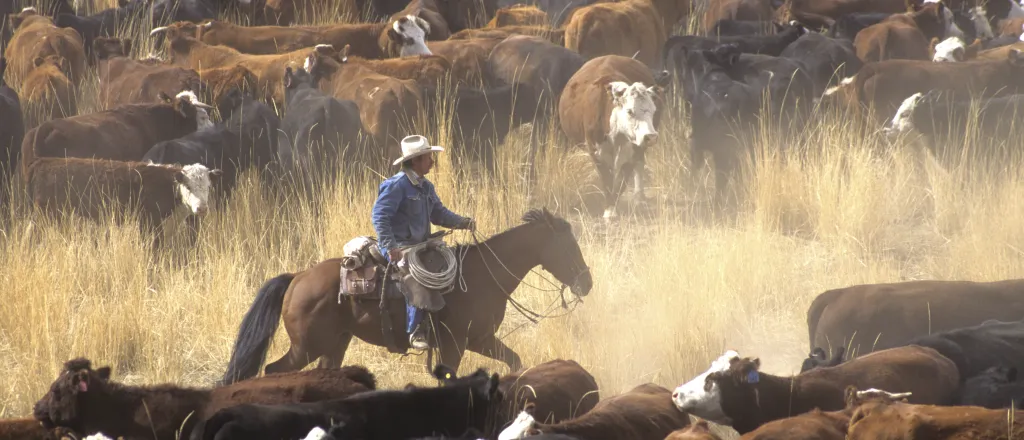
Farmers with sources of manure have advantage this year
(The Center Square) – With fertilizer prices soaring, old fashioned manure is a bargain.
Coming off the third year in a row of high-yield harvests, farmers are looking to replenish their soil. Bumper crops have pulled nutrients out and farmers need to replace them. Austin Omer, Illinois Farm Bureau associate director of natural resource policy, said manure can jump-start soil microbial activity.
“Manure is a great source of nutrients – great for soil health,” Omer told said. “There are a lot of benefits when you apply manure – especially on acreage that previously didn’t have manure.”
Farmers with a local source of manure have lucked out this year. Chemical fertilizer, anhydrous ammonia, is selling for $1,500 a ton. Diammonium phosphate (DAP) has just topped $1,000 a ton. In comparison, manure is inexpensive.
It is a great resource for crop producers who have access to livestock, Omer said.
Only 10% of Illinois farmers typically use manure on their fields. The farmers who use it do so year after year, so prices do not fluctuate.
This year, however, soaring fertilizer prices have added value to manure, Omer said.
“On a per-acre basis, manure can be worth anywhere from $25 to $250 per acre when prices are high like this,” he said.
Over the past two decades, the way farmers use manure has evolved. Many different technologies have been implemented in order to apply manure more efficiently.
Manure is injected into the soil to keep it in place until the crop needs it.
“That’s really what we want,” Omer said. “We want that manure to sit there and stay in that field until the crop is planted.”
Many livestock farmers see manure as an asset, he said. Most livestock producers in Illinois are using their manure and taking advantage of it. Manure is easier to store and apply than it was in the past.
“We’ve made a lot of advancements in storage capabilities throughout the state,” Omer said.
Better storage gives farmers a larger window to get the manure applied when they are working around weather events and delays.

















